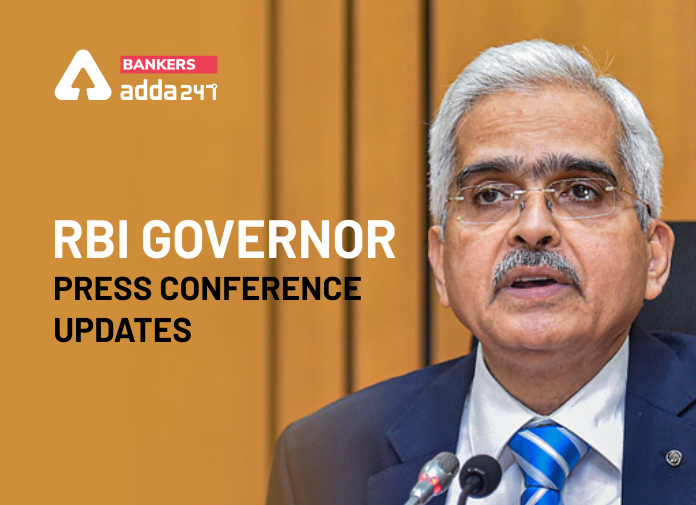In the recently held press conference, RBI Governor Shaktikanta Das announced that the Monetary Policy Committee (MPC) has slashed its key policy rates in order to stabilize the financial system and tackle the ongoing economic fallout from the coronavirus pandemic. In one of the significant move, The RBI panel slashed the repo rate by 40 basis points to 4 per cent and the reverse repo rate by 40 basis points to 3.35 per cent.
Previous Year Memory Based Paper
- IBPS Clerk Mains 2020 -General Awareness Questions Asked In The Exam
- SBI Clerk Mains 2019 GA Questions Asked
- IBPS Clerk Mains GA Questions 2019
- GA Questions asked in SBI PO Main 2019 Exam
- IBPS RRB PO
What Is Basis Point?
Basis point is also written as bps or “bips” is basically a unit of measure which is used in finance in order to describe the percentage change in the value of key rates of a financial instrument. One basis point is defined as 0.01% (1/100th of a percent) or 0.0001 in decimal form. In bond market, basis point generally refer to to the yield that a bond pays to the investor.
The Impact Of Rate Cut?
In the recently held press conference by RBI governor and the announcement made by him regarding the 40 bps cut in the repo rate – the interest rate that the RBI charges for funds given to banks – will make funds cheaper for banks thus aiding them to bring down lending rates. Amidst this tough time when credit offtake is sluggish and investments have halted in the economy. This move will help in bringing the EMIs on home, auto, personal and term loan rates to come down in the coming days.
Banks are also expected to slash deposit rates on various tenures to manage its asset-liability position. Now, Savers and pensioners will see their returns coming down.
Further adding into this the 40 bps cut in reverse repo rate — the interest rate that the RBI offers to banks for funds parked with the central bank — will help to prompt banks to make available funds for the productive sectors of the economy. Currently, banks have been parking close to Rs 7-8 lakh crore at the RBI’s reverse repo window instead of lending these funds.



 GA Capsule for SBI Clerk Mains 2025, Dow...
GA Capsule for SBI Clerk Mains 2025, Dow...
 The Hindu Review October 2022: Download ...
The Hindu Review October 2022: Download ...
 RRB NTPC UG Exam Date 2025 Out, Check Co...
RRB NTPC UG Exam Date 2025 Out, Check Co...


